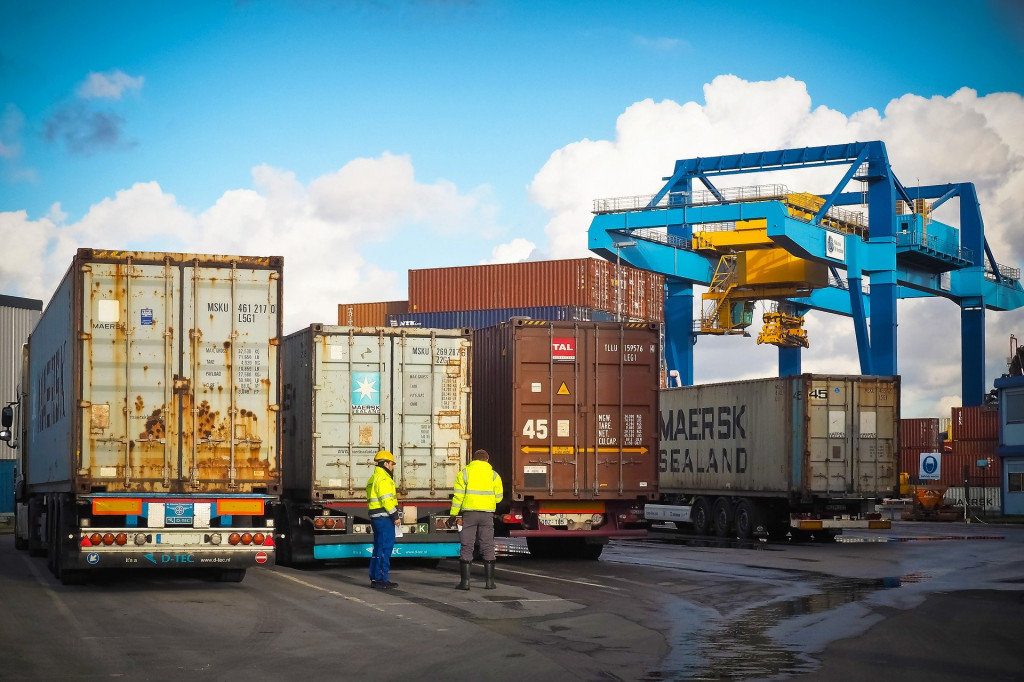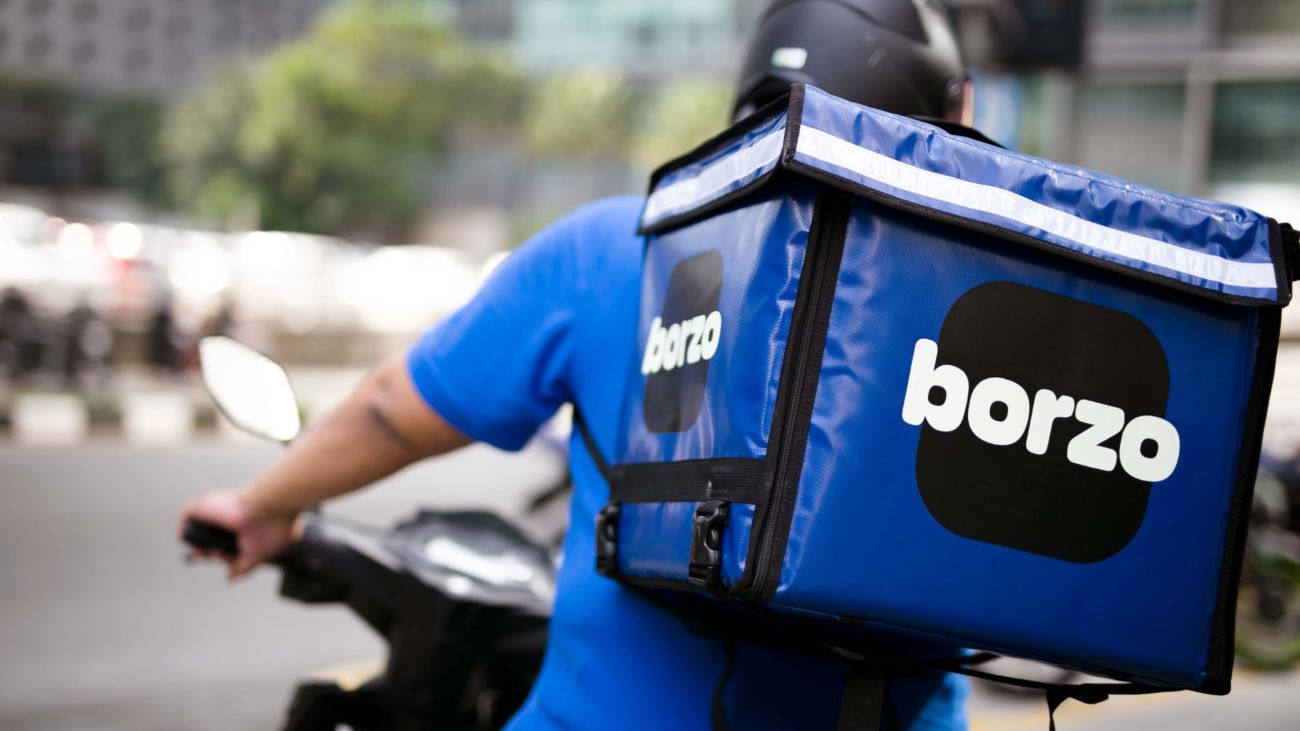The corona disease (COVID-19) is entering a new chapter. The World Health Organization (WHO) has announced the global pandemic. Indonesia followed the lead by declaring it a national disaster.
The economy was clearly impacted by this pestilence. The tourism and hospitality business is the most visible example to imagine how devastated after the explosion of the COVID-19 case in the world. This is not much different from the logistics sector which is very close to the impact of the corona virus.
Keep in mind that China is a global production hub in the current economic era. The crippling of most of the Chinese economy has disrupted the supply chain to its trading partners, including Indonesia. The effect spreads regardless of national borders.
Chinese Significance
The Chinese country is an important trading partner for Indonesia. It is visible from the value of trade transactions between the two countries which has reached US$ 72.66 billion in 2018. This figure takes a portion of 20 percent of the total trade that occurs with all partners.
Seen from the nominal it is also known that import transactions from China touched US$ 45.54 billion. Many imported raw materials needed by the domestic industry are imported there.
Chairman of the Indonesian Logistics Association (ALI) Zaidy Ilham Masita said the import tap from China had dropped 30 percent due to the corona pandemic. Shipping goods via sea is very limited, while shipping via air has been banned since last January. Exports have the same fate. Shipments to China are becoming sluggish at this time.
“Our exports to China also experienced a decline, especially perishable exports or fresh goods because China closed imports of fresh food. So for exports and imports the impact was quite severe,” Zaidy told Dailysocial.
The story of logistics players
Crewdible is one of the startups affected by this disaster. Being in the field of warehousing, they admit that their business has stalled. The CEO, Dhana Galindra said the productivity of all of their sellers dropped dramatically since the outbreak.
Logisly suffered a similar fate. The logistics business that bridges the needs of all types of freight trucks is directly affected. The CEO, Roolin Njotosetiadi stressed the sluggish export-import activities caused demand to fall on their platforms. “The container business is the most declined,” he added.
Zaidy Masita, who is also the Paxel‘s COO, said that the situation in the logistics landscape has worsened after several countries adopted a lockdown policy. China, New Zealand, Poland, Denmark, and Italy are examples of countries that have locked themselves in their struggle against the corona virus.
The situation in China is the main focus because they are like the epicenter of the global supply chain. Quoted from the New York Times, the problem in China is not in the inventory. Ports and customs have been called almost normal. The problem lies in the lack of trucks that come to deliver and pick up goods to the port. The government’s decision to impose a quarantine to lock up an area to reduce the spread of the corona virus had to be taken even though this meant to tear down their economy.
Looking for hope
In an uncertain situation for this economy, logistical startups must rack their brains to find solutions to survive. As a relatively new player, Logisly strives to continually add new shippers and transporters. It is required to patch up the quiet demand for trucks that they offer on the platform.
A similar method is taken by Crewdible. The difference is, this online warehouse platform focuses more on certain types of products. “We are more focused on local goods and fresh products now because imported goods are gone on the market,” said Dhana.
Fresh products seems to be excellent in times of crisis like this. Anticipation is higher for activities outside the home causing increased demand for fresh products. Besides Crewdible, this was also experienced by Paxel.
Zaldy said that since the corona virus became a serious threat to the community, shopping centers and food shops that were operating were increasingly limited. Therefore he was not surprised that the demand for food ingredients had risen sharply.
“In terms of Paxel, because we focus on the same day [delivery] between cities in Indonesia, even since the corona virus broke out, our volume has risen to 40%. Food and perishable shipments have risen sharply.”
In addition, Zaldy is quite confident that Paxel’s business model that relies on smart lockers can be a solution for delivering goods in situations like this. “Indeed, there are many disasters in Q1 2020 that we experience and logistics companies must be able to survive and change their business processes by using more technology,” concluded Zaldy.
Possible stagnate
The logistics industry in the country did experience many disasters during the first quarter of this year. After many times their operations were disrupted by flooding during January and February, now the corona virus is their newest block.
ALI, which previously targeted industrial growth at 12-14% with a contribution to gross domestic product (GDP) of Rp993.9 trillion, is predicted to be canceled. According to Zaldy, logistical growth for this year will be stagnant compared to last year’s achievement which was only 7-9%.
To date, no one knows how long the corona outbreak will continue to spread. While researchers are still struggling to find the right formula to fight the virus, the governments of each country are struggling to reduce its spread. As of this writing, Covid-19 has caused 117 cases with 8 patients recovering, and 5 patients dying in Indonesia. Meanwhile, the central government and a number of regions have encouraged residents to limit their activities at home to reduce the transmission of the virus.
–
Original article is in Indonesian, translated by Kristin Siagian













